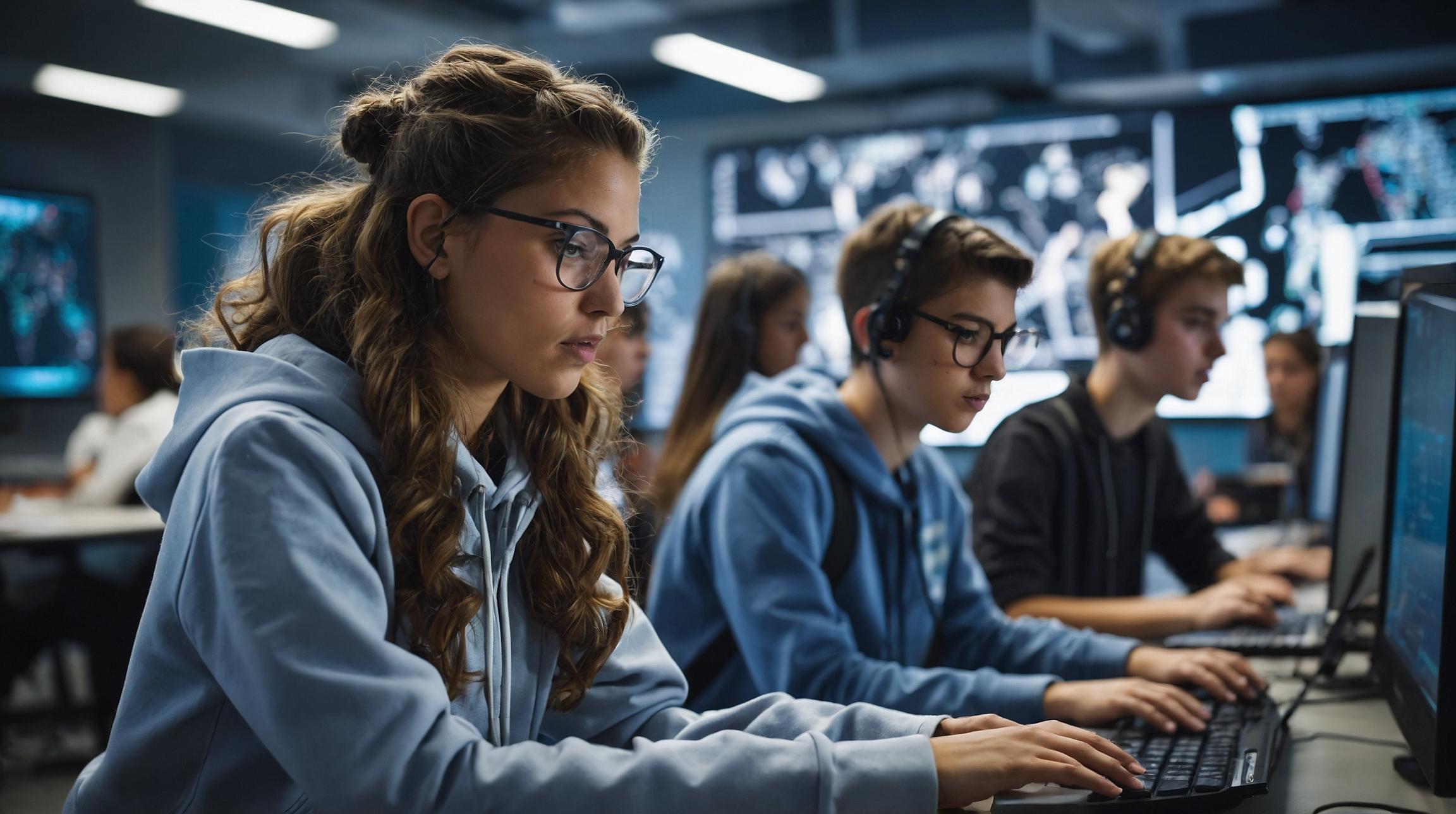The Importance of Face-to-Face Interactions Over Coffee Breaks in the Workplace
No technology can replace the coffee break, says researcher Øystein Tønnessen from the University of Agder’s School of Business and Law. Tønnessen’s research focuses on the social aspects of the workplace, emphasizing the significance of conversations over coffee for building trust, promoting inclusion, fostering relationships, and facilitating knowledge sharing informally.
While virtual coffee chats have become popular during the pandemic, they are not a sufficient substitute for in-person interactions, according to Tønnessen. He stresses the importance of knowledge and knowledge sharing in the face of technological advancements and evolving work environments, noting that creativity is a vital factor for innovation.
In his research, Tønnessen delved into the complexities of modern work environments, including the shift to remote work during the Covid-19 pandemic. He explores how factors like commuting distances, family situations, and work nature influence employees’ preferences for working from home versus in an office setting.
Integrating new employees into a digital work environment poses challenges in terms of information sharing and development opportunities that may be missed without physical interactions.
Through interviews with IT employees in Denmark and Norway, Tønnessen identified patterns in preferred work setups during different stages of creative projects. He found that physical co-location is beneficial in the early stages for trust-building and problem definition, while idea development can be achieved remotely with consistent tools. Hybrid meetings that combine both in-person and remote participants are effective in the final stages for idea evaluation and feedback.
Tønnessen sees potential in new technologies such as artificial intelligence and augmented reality to transform workplaces and views the shift towards hybrid work arrangements as a promising area for future research.
Analyst comment
Neutral news.
As an analyst, the market is likely to see a continued focus on the importance of in-person interactions in the workplace, especially during creative projects. Companies may prioritize creating opportunities for face-to-face conversations and knowledge sharing to foster trust, inclusion, and innovation. The trend towards hybrid work, combining in-person and remote participation, is also expected to gain traction as companies explore new technologies like artificial intelligence and augmented reality to transform the workplace.













